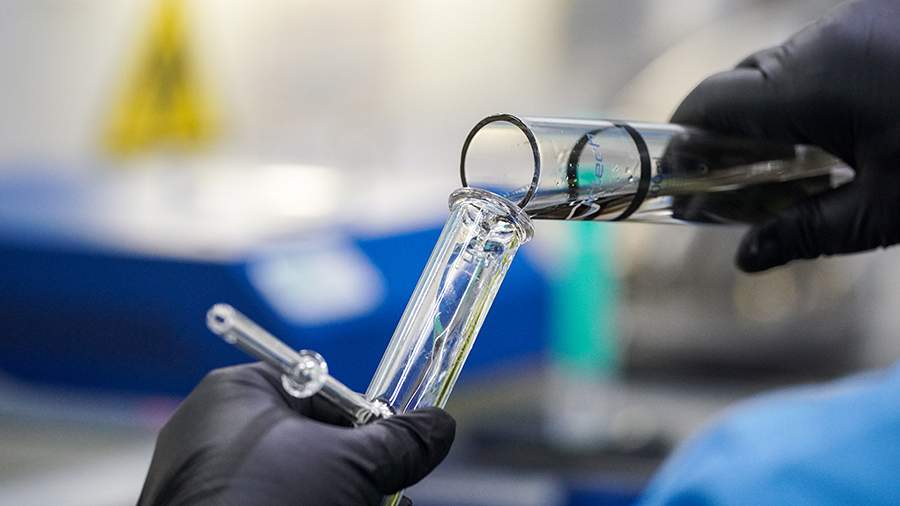Substances from the antelope's body can help defeat infections

Specialists of the Kurchatov Institute (including the Department of Molecular and Radiation Biophysics of the KI Research Center - JINRF) together with colleagues from the Shemyakin and Ovchinnikov Institute of Bioorganic Chemistry and Lomonosov Moscow State University have discovered and studied a previously unknown family of antimicrobial peptides, which in the future may become the basis for the creation of a new, more effective type of antibiotics.
Such substances are synthesized in the organisms of many animals to protect their hosts from bacterial infections and have already proven their effectiveness in the course of evolution. Scientists named the new family of compounds - rumicidins (from Latin Ruminantia - ruminants), because they were found in antelopes. Using state-of-the-art techniques, the rumicidins were subjected to rigorous structural and functional studies to determine in detail their mechanism of action on bacteria.
"Our colleagues found that there are regions in the ruminant genotype that may be responsible for the production of these antimicrobial peptides. They consist of about 30 amino acids and disrupt the bacterial ribosome, a molecular complex that synthesizes proteins and delivers them into the cell through a peptide exit channel. Rumicidin "climbs" into this channel and causes blockage of the ribosome, that is, at least mechanically prevents the passage of a new growing protein", - said senior researcher of the Department of Molecular and Radiation Biophysics of the Kurchatov Institute Research Center "Kurchatov Institute" PIAR Elena Polesskova - JINRF Elena Polesskova.
However, according to her, it turned out that the antimicrobial peptide disrupts the very process of protein synthesis on the ribosome. And proteins, in turn, perform all functions in the body: construction, transportation, enzymatic. Accordingly, the bacterial cell dies, the expert added.
As the expert explained, the action of most antibiotics is associated with disruption of the bacterial ribosome. But usually small molecules are used, and the new peptide is much larger in size.
Read more in the exclusive material "Izvestia":
Ruminant perspective: substances from the body of antelopes will help to defeat infections
Переведено сервисом «Яндекс Переводчик»

